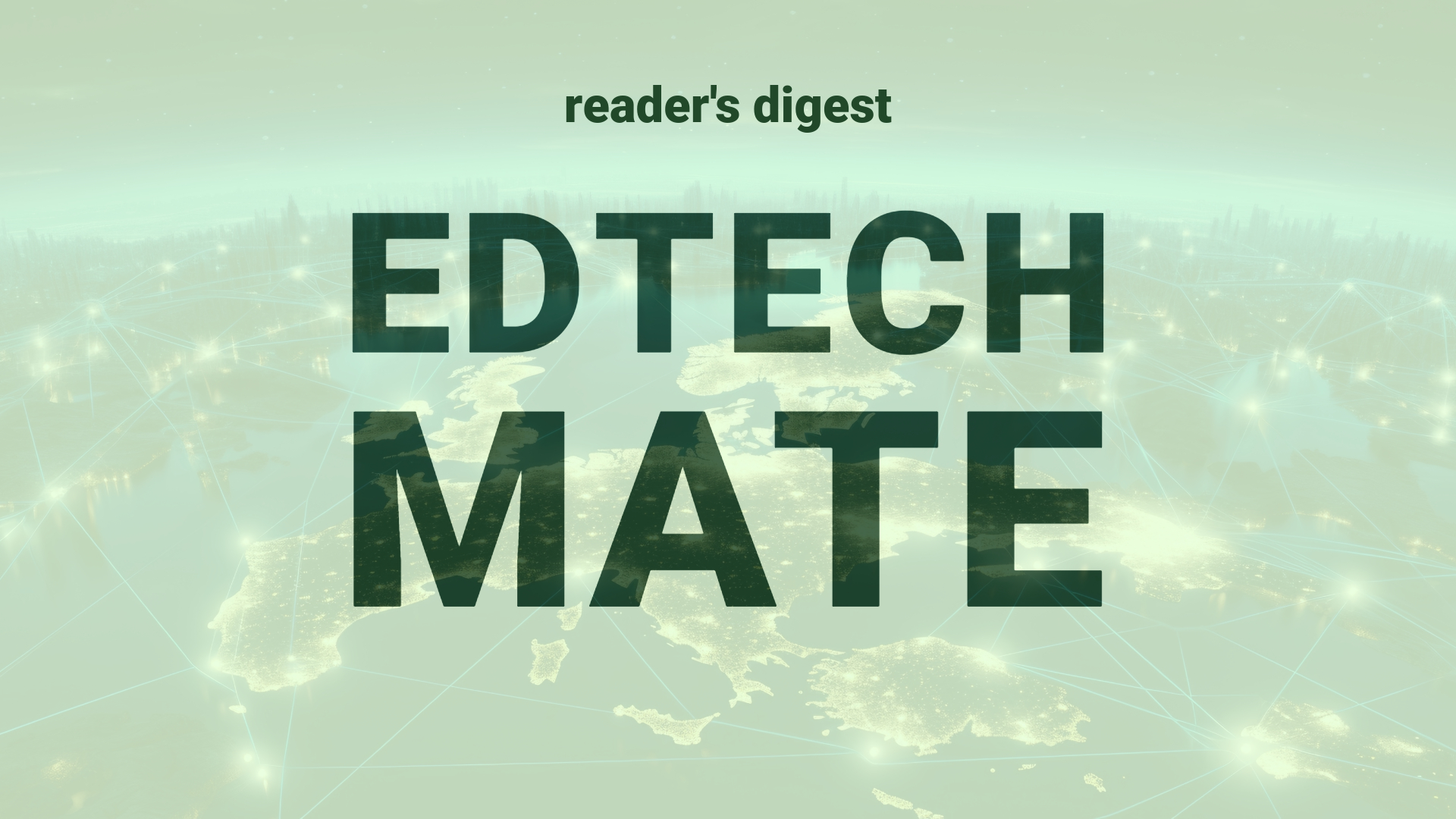Executive Summary and Main Points
The global banking sector demonstrated robust performance in 2023, achieving its highest return on tangible equity since 2008 at 13% and witnessing a Tier 1 ratio peak in ten years. However, challenges persist post-pandemic, influencing macroeconomic risk. Accelerated monetary tightening due to rising prices, geopolitical tension in the Middle East, and tech disruptions are key drivers. Notably, generative AI (gen AI) is spurring industry-wide technological transformation. The Gulf Cooperation Council (GCC) region has shown exceptional performance with high returns driven by oil prices and strong GDP growth. Despite risks like geopolitical instability and interest rate volatility, higher US rates have significantly boosted GCC bank profits.
Potential Impact in the Education Sector
These financial trends and developments could profoundly impact the education sector by driving investment in digital infrastructure and enhancing the efficiency of financial operations for institutions. Higher education can expect advancements in digital analytics and automation technologies facilitating personalized learning experiences, while Further Education might see an influx of funding from banking profits and investments. Micro-credentials could benefit from more sophisticated digital banking services, fostering a seamless transactional environment for learners and providers alike. Partnerships between banks and educational institutions could lead to innovation and growth in educational technology and financial literacy programs.
Potential Applicability in the Education Sector
Innovative applications using AI and digital tools could revolutionize global education systems. AI-driven analytics can personalize learning and provide predictive insights into student performance. The adoption of gen AI could automate administrative processes, optimizing costs and reallocating resources to crucial developmental areas. Moreover, digitalization trends could facilitate access to education financing, streamline fee transactions, and enhance the management of educational funds.
Criticism and Potential Shortfalls
While technological advances in the banking industry promise efficiency gains, they also bring potential risks. There can be a dependence on technology that may overlook interpersonal aspects critical in education. Ethical concerns over data privacy and AI in decision-making processes could be contentious. Additionally, digital divides across international landscapes might exacerbate educational inequalities. Cultural implications of adopting global tech standards require careful consideration to ensure relevance and accessibility in diverse educational environments.
Actionable Recommendations
To leverage technologies in the education sector, institutions should consider implementing data analytics for student success monitoring and tailoring educational offerings. Investing in AI to automate back-end processes could free up resources for student-facing services. Strategic partnerships with banks could provide financial literacy programs and foster innovation in education finance. Leadership must also address ethical considerations and ensure digitalization efforts are inclusive, enhancing the educational experience without reinforcing existing disparities.
Source article: https://www.mckinsey.com/industries/financial-services/our-insights/the-state-of-gcc-banking-an-exceptional-operating-environment

